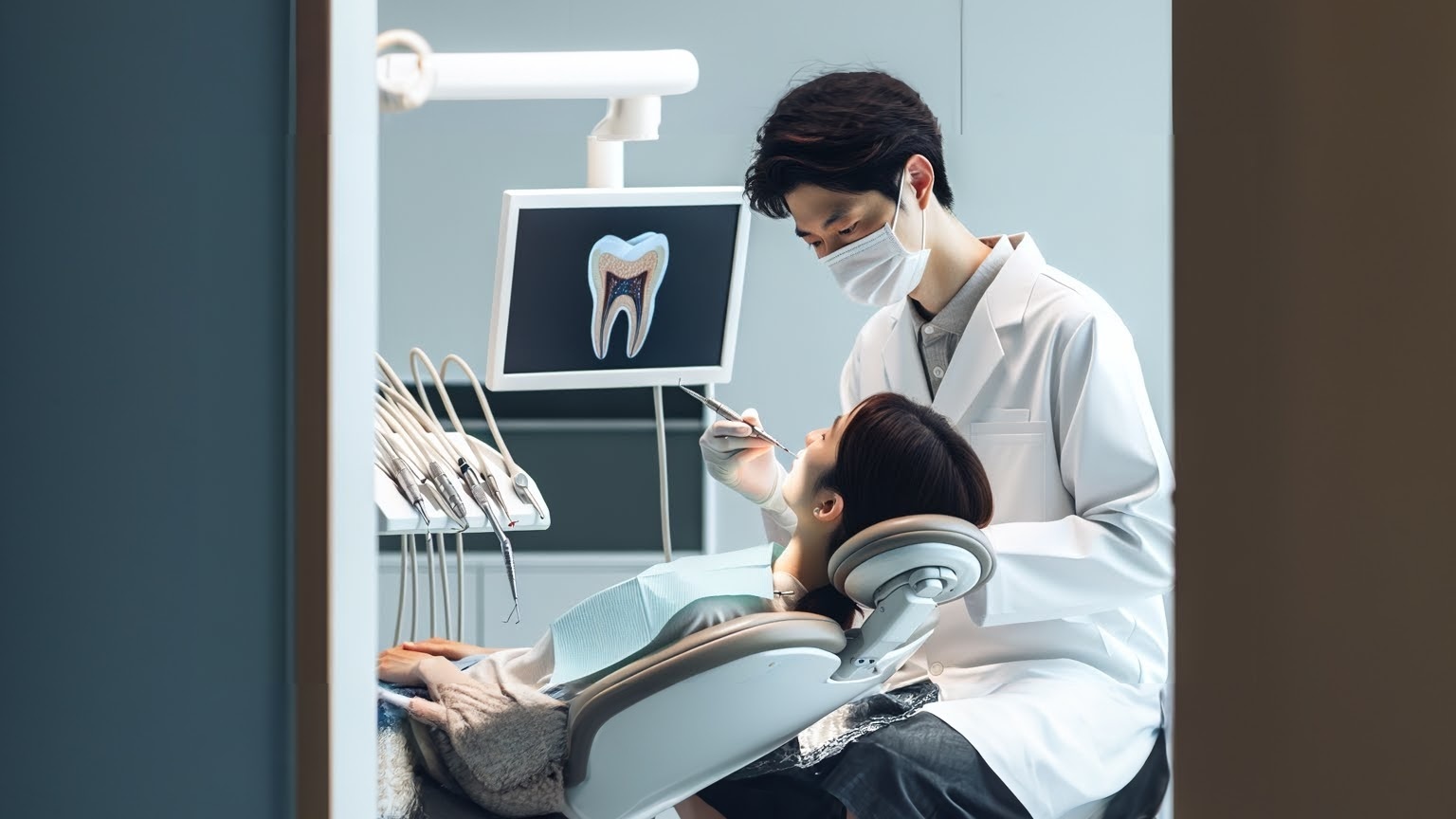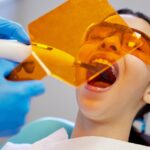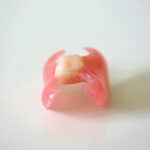What To Eat After Dental Surgery
Dental surgery, such as wisdom tooth extraction, implants, or gum procedures, can leave your mouth sensitive and swollen. A proper diet plays a crucial role in your recovery, promoting healing while minimizing discomfort. Knowing what to eat and avoid after dental surgery can make your recovery smoother and faster.
In this guide, we’ll cover the best foods to eat after dental surgery, tips for maintaining nutrition, and some common concerns.
Why Diet Matters After Dental Surgery
After dental surgery, your gums and teeth are in a fragile state, requiring soft, nutrient-rich foods that are easy to chew and swallow. Eating the wrong foods can irritate the surgical site, cause pain, or even lead to complications such as infections or delayed healing.
Best Foods to Eat After Dental Surgery
Here are some safe, soft, and nutritious foods to include in your post-surgery diet:
1. Smoothies
Blend fruits, vegetables, yogurt, and protein powder into a creamy smoothie. Avoid using a straw, as the suction can disrupt healing.
2. Mashed Potatoes
Mashed potatoes are soft, easy to eat, and can be enhanced with butter, cream, or gravy for added flavor.
3. Soups and Broths
Opt for lukewarm, pureed soups like tomato, pumpkin, or chicken broth. Avoid hot soups that can irritate the surgical site.
4. Applesauce
Applesauce is gentle on your mouth and provides essential vitamins. Look for unsweetened varieties to avoid added sugar.
5. Yogurt and Pudding
These creamy options are soothing and require no chewing, making them ideal for sensitive gums.
6. Scrambled Eggs
Soft, fluffy scrambled eggs are an excellent source of protein and easy to chew.
7. Oatmeal or Cream of Wheat
Warm, soft cereals provide fiber and nutrients while being gentle on your mouth. Make sure they’re cooled to a lukewarm temperature before eating.
8. Avocado
Mash or blend avocados for a creamy, nutrient-packed option that’s easy to eat.
9. Ice Cream or Sorbet
Cold, soft treats like ice cream can soothe swelling. Avoid hard or chunky add-ins like nuts or chocolate chips.
10. Protein Shakes
If you struggle to get enough protein from foods, shakes are a great alternative. Choose ones with minimal sugar to support healing.
Foods to Avoid After Dental Surgery
Certain foods can disrupt healing or irritate your mouth:
- Crunchy Foods: Chips, crackers, and nuts can damage the surgical site.
- Sticky Foods: Chewy candies or caramel may get stuck in stitches or cause discomfort.
- Spicy Foods: Spices can irritate sensitive gums.
- Hot Foods and Drinks: High temperatures can increase swelling or dissolve blood clots.
- Acidic Foods: Citrus fruits and juices may cause irritation or stinging.
- Hard Foods: Raw vegetables, tough meats, and crusty bread can strain your jaw or harm healing tissue.
Tips for Maintaining Nutrition After Dental Surgery
It’s important to get adequate nutrients to support your recovery:
- Focus on Protein: Incorporate protein-rich foods like eggs, yogurt, or protein shakes to promote tissue repair.
- Stay Hydrated: Drink plenty of water to aid healing and prevent dehydration. Avoid carbonated or sugary beverages.
- Eat Smaller Meals: Smaller portions throughout the day are easier on your mouth and digestive system.
- Supplement with Vitamins: If your diet is limited, consider supplements like vitamin C or zinc to boost healing.
How Long to Follow a Soft Food Diet?
The duration of a soft food diet depends on the type of dental surgery and your healing progress:
- For minor procedures: 1–3 days.
- For more invasive surgeries like implants or extractions: 7–10 days or as advised by your dentist.
Always consult your dentist for personalized recommendations.
Sample Meal Plan After Dental Surgery
Day 1
- Breakfast: Smoothie made with bananas, yogurt, and protein powder.
- Lunch: Pureed vegetable soup.
- Dinner: Mashed potatoes and applesauce.
Day 2
- Breakfast: Scrambled eggs and soft avocado slices.
- Lunch: Cream of wheat or oatmeal.
- Dinner: Broth with softened noodles and ice cream for dessert.
Day 3
- Breakfast: Protein shake with milk or plant-based alternatives.
- Lunch: Soft pasta with a mild sauce.
- Dinner: Mashed sweet potatoes and pureed peas.
Adjust the plan based on your preferences and tolerances.
Westwood Gardens Dental Clinic: One of the best dental clinics in Richmond Hill, Ontario
For those in Richmond Hill, Ontario, Westwood Gardens Dental Clinic is a trusted provider of high-quality dental care, including partial dentures. Call them today at 647-905-7303 or email info@westwoodgardens-dental.ca to schedule a consultation. You can also visit their clinic at Unit 18, 8868 Yonge St, Richmond Hill, ON, L4C 1Z8 for a comprehensive assessment and personalized treatment plan.
FAQs About What to Eat After Dental Surgery
1. When can I eat solid foods after dental surgery?
Solid foods can typically be reintroduced after 7–10 days, depending on your recovery. Start with soft solids like pasta or steamed vegetables before progressing to harder foods.
2. Can I drink coffee or tea after surgery?
It’s best to avoid hot beverages for the first 24–48 hours to prevent irritation or dislodging blood clots. Lukewarm drinks are a safer choice.
3. Is it okay to use a straw after dental surgery?
No, using a straw can create suction, which may dislodge blood clots and lead to a painful condition called dry socket.
4. Are cold foods better for recovery?
Cold foods like ice cream or sorbet can help reduce swelling and provide relief. However, avoid hard or chunky cold foods.
5. How can I get enough nutrients if I can’t chew?
Focus on blended or pureed meals, protein shakes, and nutrient-dense soups. Adding supplements like protein powder or liquid vitamins can also help.
Conclusion
Eating the right foods after dental surgery is essential for a smooth recovery. Stick to soft, nutritious options like mashed potatoes, smoothies, and soups while avoiding crunchy, sticky, or hot foods that can disrupt healing. Proper hydration and small, frequent meals will support your recovery process.
Always follow your dentist’s post-operative instructions and gradually transition back to your regular diet. With the right care and nutrition, you’ll be back to enjoying your favorite foods in no time!




